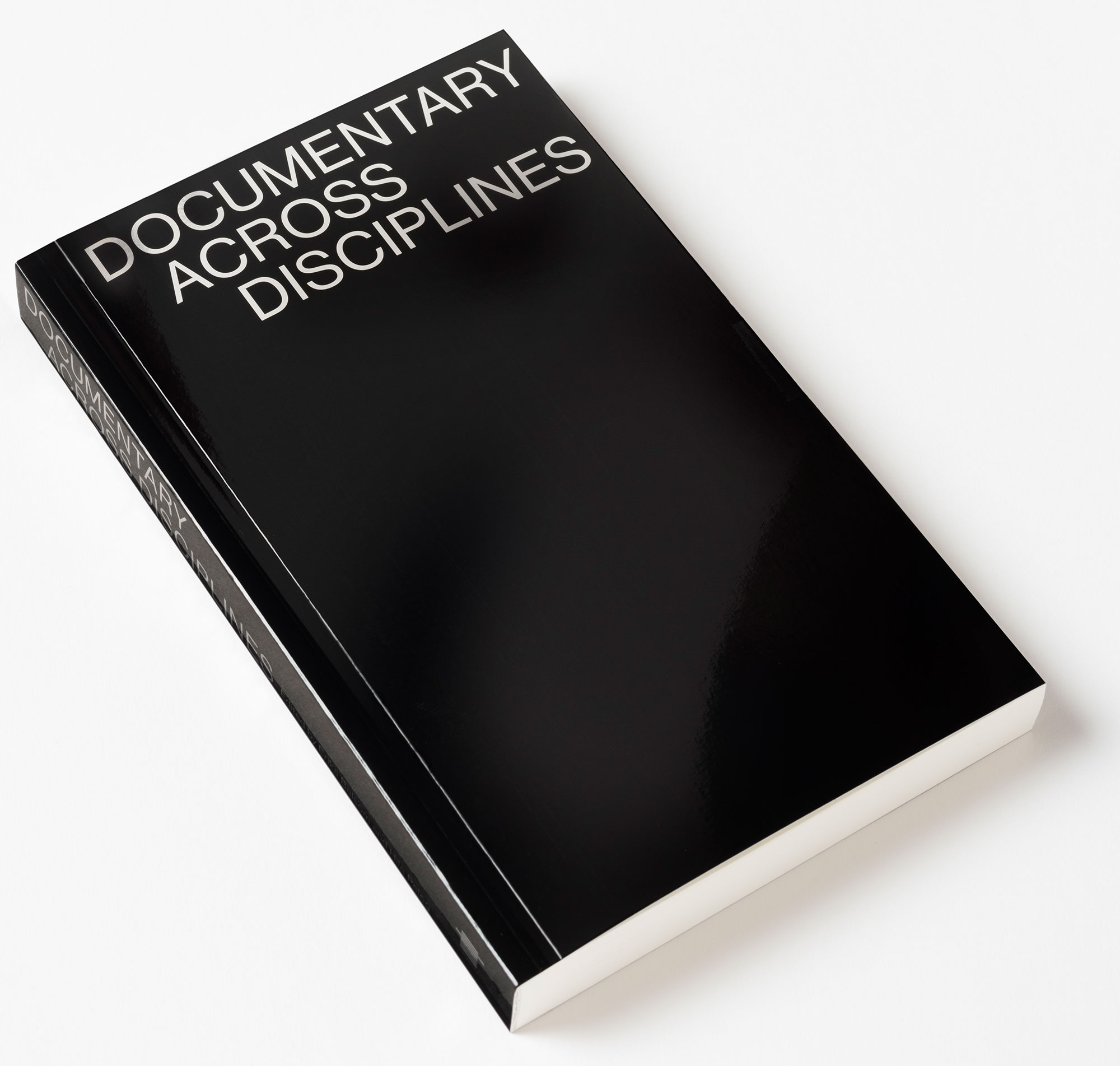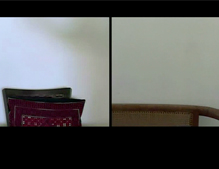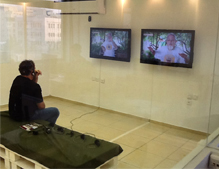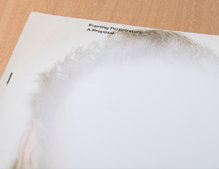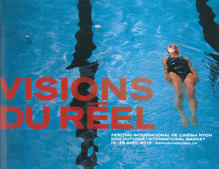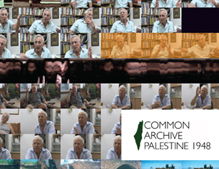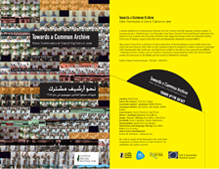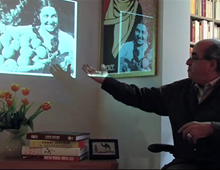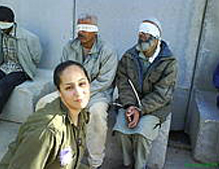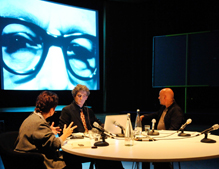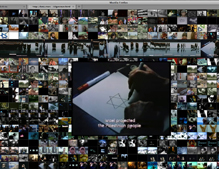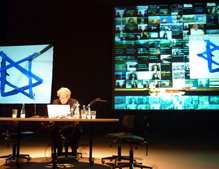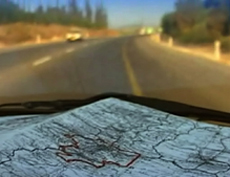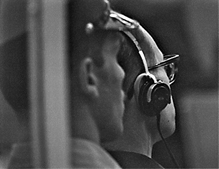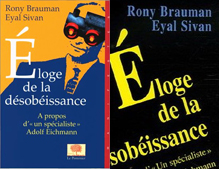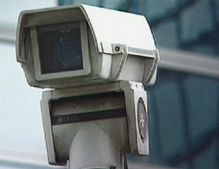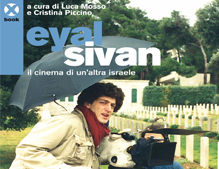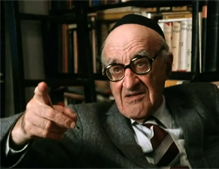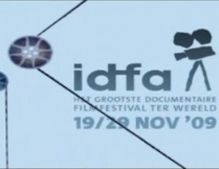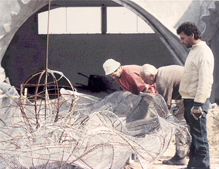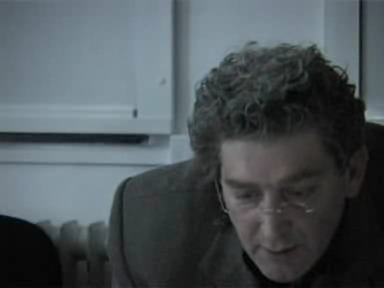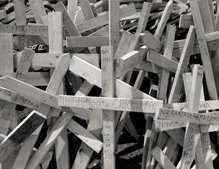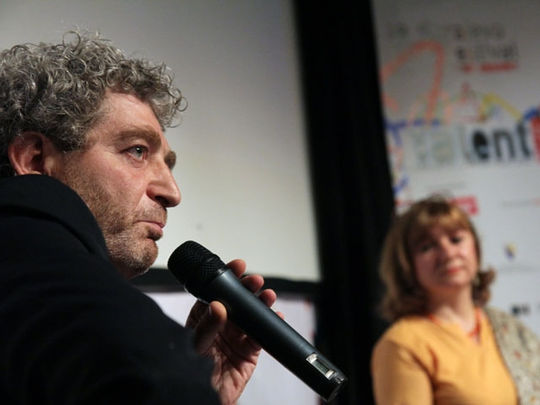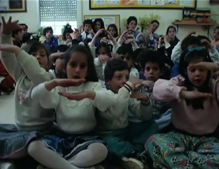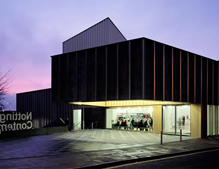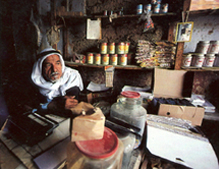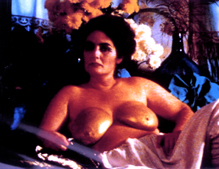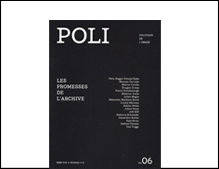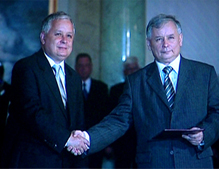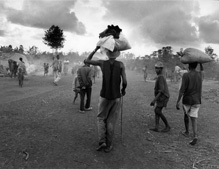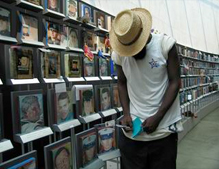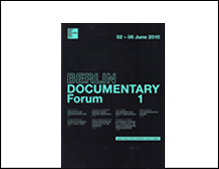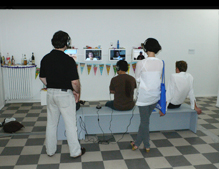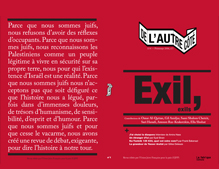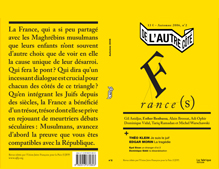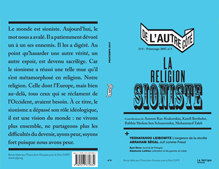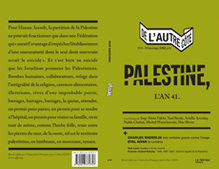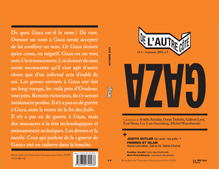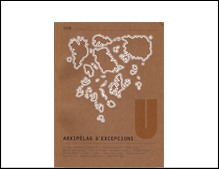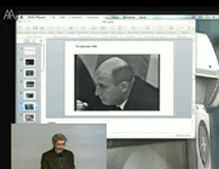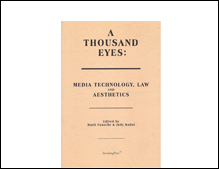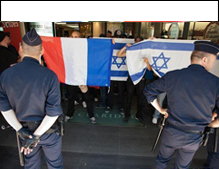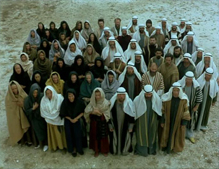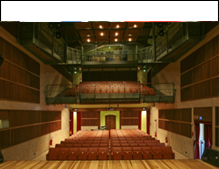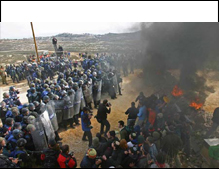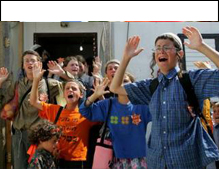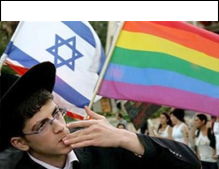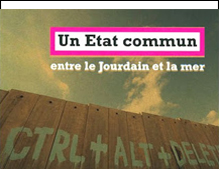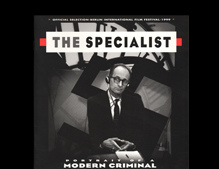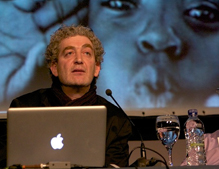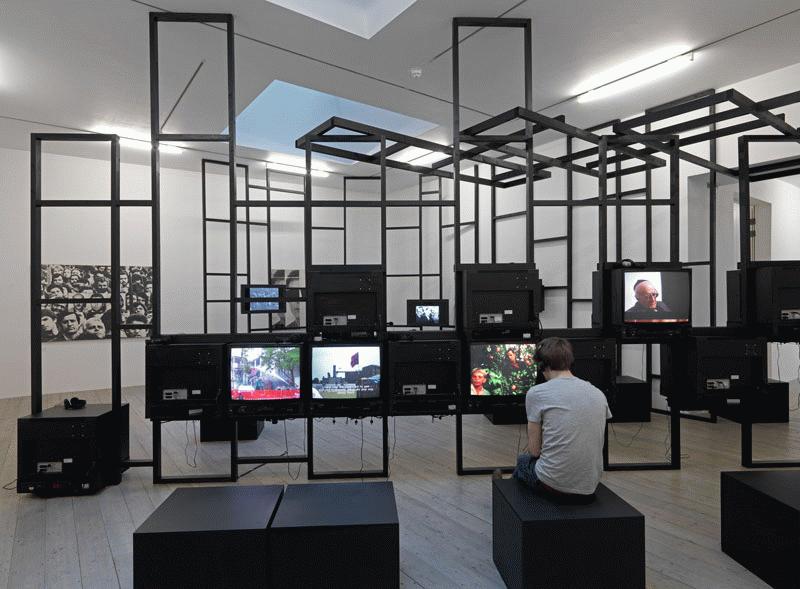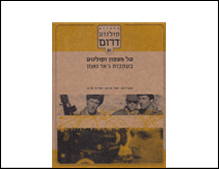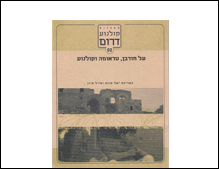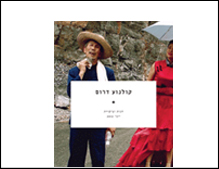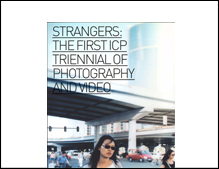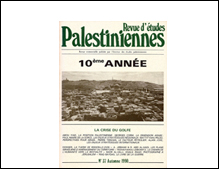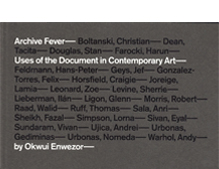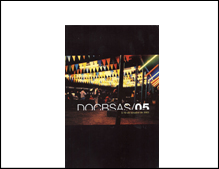-
Proposal for a visual media exhibition
with the participation of students of the Master of Film at the Dutch Film Academy, Amsterdam -
Get my films
Buy DVDs online at www.momento-films.com -
IZKOR
slaves of memory
Documentary film | 1990 | 97 min | color | 16mm | 4:3 | OV Hebrew ST -
Common Archive Palestine 1948
web based cross-reference archive and production platform
www.commonarchives.net/1948 - Project in progress - -
Montage Interdit [forbidden editing]
With professors Ella (Habiba) Shohat and Robert Stam / Berlin Documentary Forum 2 / Haus der Kulturen der Welt / June 2012 -
Route 181
fragments of a journay in Palestine-Israel
Documentary film co-directed with Michel Khleifi | 2003 | 272 min [4.5H] | color | video | 16:9 | OV Arabic, Hebrew ST
-
The Specialist
portrait of a modern criminal
Documentary film | 1999 | co-author Rony Brauman | 128 min | B/W | 4:3 | 35 mm | OV German, Hebrew ST -
Jaffa
the orange's clockwork
Documentary film | 2009 | 88 min | color & B/W | 16:9 | Digital video | OV Arabic, Hebrew, English, French ST
-
Montage Interdit
www.montageinterdit.net
Web-based documentary practice. A production tool, archive and distribution device | project in progress
-
Common State
potential conversation [1]
Documentary film | 2012 | 123 min | color | video | 16:9 split screen | OV Arabic, Hebrew ST -
Towards a common archive
testimonies by Zionist veterans of 1948 war in Palestine
Visual Media exhibition | Zochrot Gallery (Zochrot visual media lab) | Tel-Aviv | October 2012 - January 2013
-
I Love You All
Aus Liebe Zum Volk
Documentary film co-directed with Audrey Maurion | 2004 | 89 minutes | b/w & color | 35mm | OV German, French ST
reviews
Reality Check — The Santa Cruz Documentary Film and Video Festival reveals the extraordinary in the ordinary by Andrea Perkins (MetroActive Movies)
27.09.2000
PEOPLE ARE FASCINATED by what other people really do in their everyday lives. We like to compare ourselves with others and ask what we would do in similar situations. TV executives know this, and so they come up with shows like Cops, The Real World and Survivor, commercialized versions of so-called reality that are ultimately detached from anything resembling real life.
Anthropological films, on the other hand, usually involve a single person, a camera and the world, taking viewers straight into the dark corners of human experience, instead of manufacturing human experience and bringing it straight into the living room.
"We are bombarded by fantasy," says Sharon Simpson, co-founder of the Santa Cruz Documentary Film and Video Festival. "The popularity of shows like Survivor, which really have nothing to do with 'reality,' still show that people are interested in what is supposedly 'real.'"
In Heather Croall's Paradise Bent, Cindy, a "fa'afafine"-- a Somoan man raised and accepted by Somoan society as a woman, lives by day in domestic bliss with a representative of the Australian High Commission, while by night "she" dazzles cabaret show audiences.
Croall cuts from Cindy's marvelous Tina Turner routine to his traditional role washing his family's clothes on the stones beneath a waterfall. She interviews elders and academics, and researches anthropological records, tracing the fa'afafine tradition from ancient times to the present day, when elements of the Western drag queen scene are beginning to influence fa'afafine culture.
THE TOPICS in the second annual Documentary Film and Video Festival (last year called The Margaret Mead Film Festival) also include war crimes, alternative conception methods, globalization, gypsies, travel and the Vietnam war.
"We wanted to customize the festival for Santa Cruz," says the other festival founder, Hugh Raffles, "based on feedback we got after last year's festival."
Simpson and Raffles seem to have hit a nerve in Santa Cruz. They were content last year to sell 20 advance tickets for the festival's opening and were floored when 250 people showed up--every night. Though they both have full-time jobs, Raffles and Simpson decided it was their moral duty to bring cutting-edge, independent documentaries to Santa Cruz again. Similar festivals in other cities, they say, rarely draw these kinds of crowds.
"We sort of did this as an experiment," Raffles says, "and found there was a huge demand. We really weren't expecting that it would be so successful. ... There is a real hunger here for documentaries, and not enough venues for them."
Five of this year's 18 films come from New York's traveling Margaret Mead Film and Video Festival. Others were selected because they cast new light on old topics. Emphasizing content, form and narrative structure over production values, the films range from five-minute experimental pieces toTHE TOPICS in the second annual Documentary Film and Video Festival (last year called The Margaret Mead Film Festival) also include war crimes, alternative conception methods, globalization, gypsies, travel and the Vietnam war.
"We wanted to customize the festival for Santa Cruz," says the other festival founder, Hugh Raffles, "based on feedback we got after last year's festival."
Simpson and Raffles seem to have hit a nerve in Santa Cruz. They were content last year to sell 20 advance tickets for the festival's opening and were floored when 250 people showed up--every night. Though they both have full-time jobs, Raffles and Simpson decided it was their moral duty to bring cutting-edge, independent documentaries to Santa Cruz again. Similar festivals in other cities, they say, rarely draw these kinds of crowds.
"We sort of did this as an experiment," Raffles says, "and found there was a huge demand. We really weren't expecting that it would be so successful. ... There is a real hunger here for documentaries, and not enough venues for them."
Five of this year's 18 films come from New York's traveling Margaret Mead Film and Video Festival. Others were selected because they cast new light on old topics. Emphasizing content, form and narrative structure over production values, the films range from five-minute experimental pieces to traditional feature-length studies, like this year's opening-night showpiece, The Specialist.
Eyal Sivan's feature-length meditation consists entirely of actual footage from the 1961 trial of Adolf Eichmann. Sivan's cinema vérité style reminds viewers that they are witnessing a real moment in history.
A film like Papapapá challenges the very definition of "documentary." Commenting on immigration, filmmaker Alex Rivera mirrors the progress of the humble potato with that of his father, (both are natives of Peru).
Through innovative animation, videography and editing, Rivera presents the potato's journey from Incan food staple to its present-day Pringles-style assimilation.
"Many of these are films about people moving across boundaries," says Raffles, originally from London, now an anthropology professor at UCSC. "We've tried to include films that cross boundaries, too, that will push the audience's expectation of what documentaries are. ... We've selected films for the festival that reflect that. Many of them address people, places and issues that receive very little attention, and they do so in some very different ways."
As the festival grows, Simpson and Raffles would like to include symposiums, bring more directors (this year there are five) for audience discussions and develop workshops that could go into schools. They also see the festival as a way to bridge the gap between the UCSC community and the city.
"There is all this potential. ... As it grows, we probably won't focus on selection committees and awards as much as we will on broadening the festival into other events and bringing documentaries to people who wouldn't normally have access to them," Simpson says.

